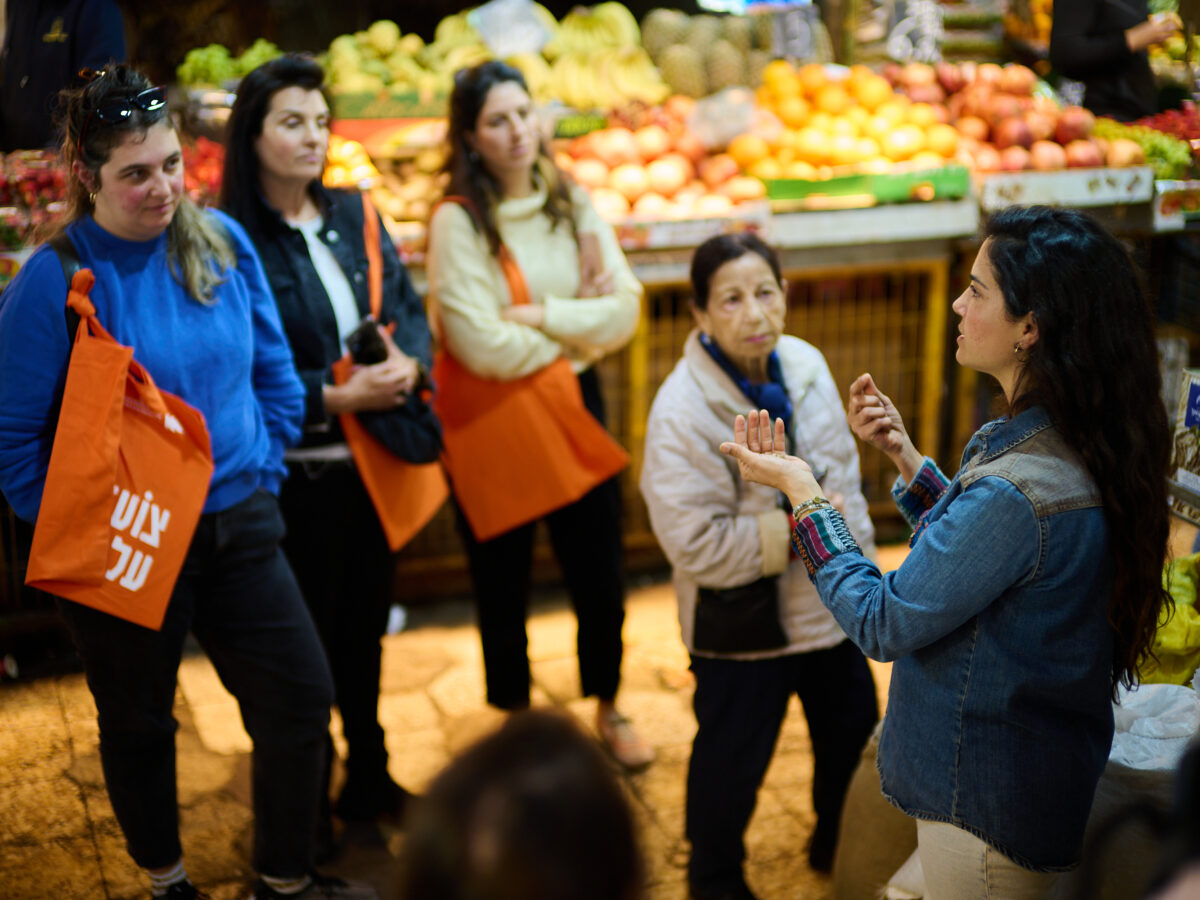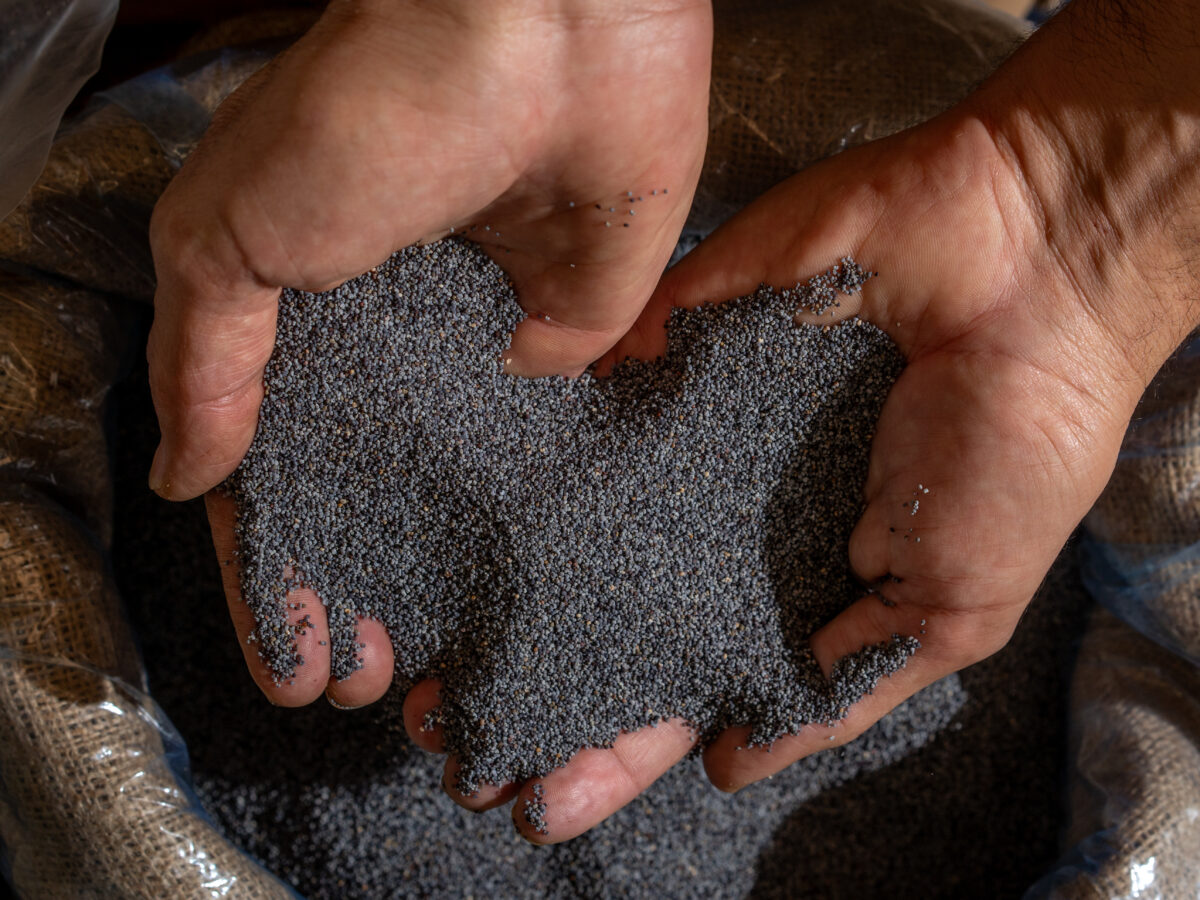Every year, approximately 1.3 billion tons of food are wasted globally, which impacts more than just hunger, it’s directly tied to the climate crisis and the cost of living. More than a quarter of that waste stems from the food service industry. Restaurants are in a unique position to help improve the situation, both by reducing food waste in their kitchens and by raising awareness among their customers.
Israel is rated second among OECD countries in food waste per capita, a statistic which local sustainability experts and advocates are working to change. Several of them took center stage at the one-day conference sharing ideas for how to reduce food waste and garbage in local restaurants, farm houses and packaging. These programs kicked off The Natural Step (TNS) Israel’s Week of Awareness on Food Waste Reduction.
Watch the programs (in Hebrew) and find summaries of the key takeaways below.
A Holistic Introduction to Sustainability
Dr. Michal Bitterman, a sustainability expert, CEO and co-founder of TNS Israel, began the conference with a presentation of the problem and possible solutions for the culinary world.
1. According to data from the U.S., approximately 1.3 billion tons of food are wasted in the world each year. And, 26 percent of this waste occurs in foodservice, stemming from inadequate training, cooking excessive quantities, and improper storage, all caused by a lack of awareness.
2. Food waste reduction is the next culinary trend: Clients are looking for transparency and an eating experience that is based on sustainable values. Chefs have the power to prompt the conversation among customers.
3. She advocated for turning restaurants into a crucial part of the sustainability cycle, pushing them to find uses for all food waste while maintaining cooperation with other industries, growers and producers, and using technology to monitor and measure waste.
Global Trends in Sustainability
Alon Chen is the CEO and co-founder of TASTEWISE, an artificial intelligence platform that focuses on identifying food-related trends worldwide, from home consumption to the factors that influence the food choices of diners restaurants.
1. Customers want to be part of the sustainable food story, and see food waste as part of their general idea of living sustainably.
2. They evaluate the food they consume mostly by price, flavor, and health. Eating locally is associated with health, and customers are willing to pay 20-30 percent more if the dish description includes sustainable terms, such as local, as well as information about the ingredients’ source.
Four Perspectives From Across the Industry
This panel shared four perspectives from the value chain – a farmer, a restauranter, a high-tech entrepreneur in perishable plastic alternatives, and the CEO of a shopping mall – each of whom implements solutions for food waste reduction in their own domain. Mediated by Efrat Enzel, the panel focused on their activities and possible collaborations.
A Chef’s Take
Finally, Shalom Simcha Albert, R&D chef at OCD, a fine dining restaurant with zero organic waste, presented the “new cook” approach – a cook committed not only to the dish on the plate, but to the entire value chain of food production, discussing both its day-by-day and longer-term implementations.



